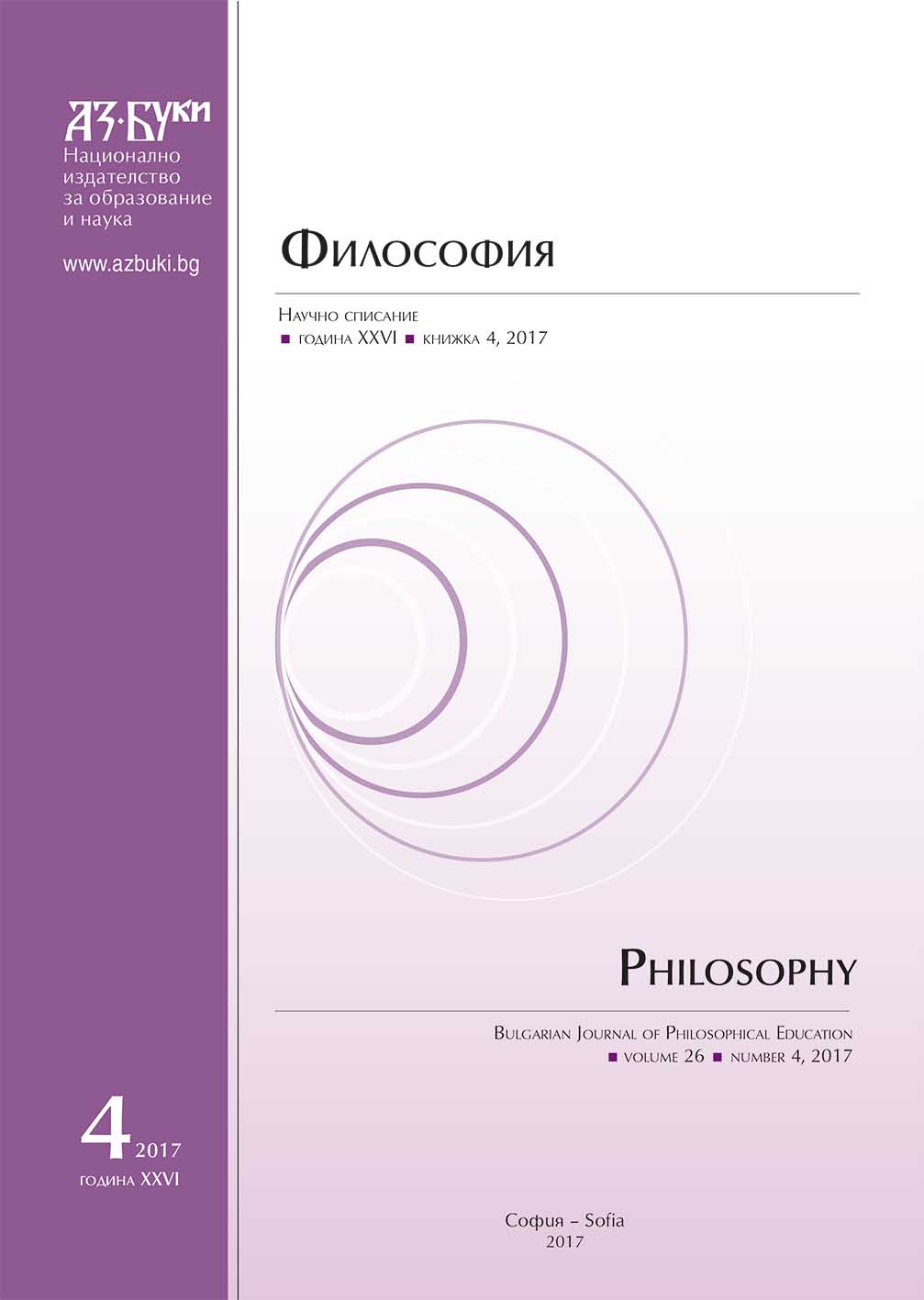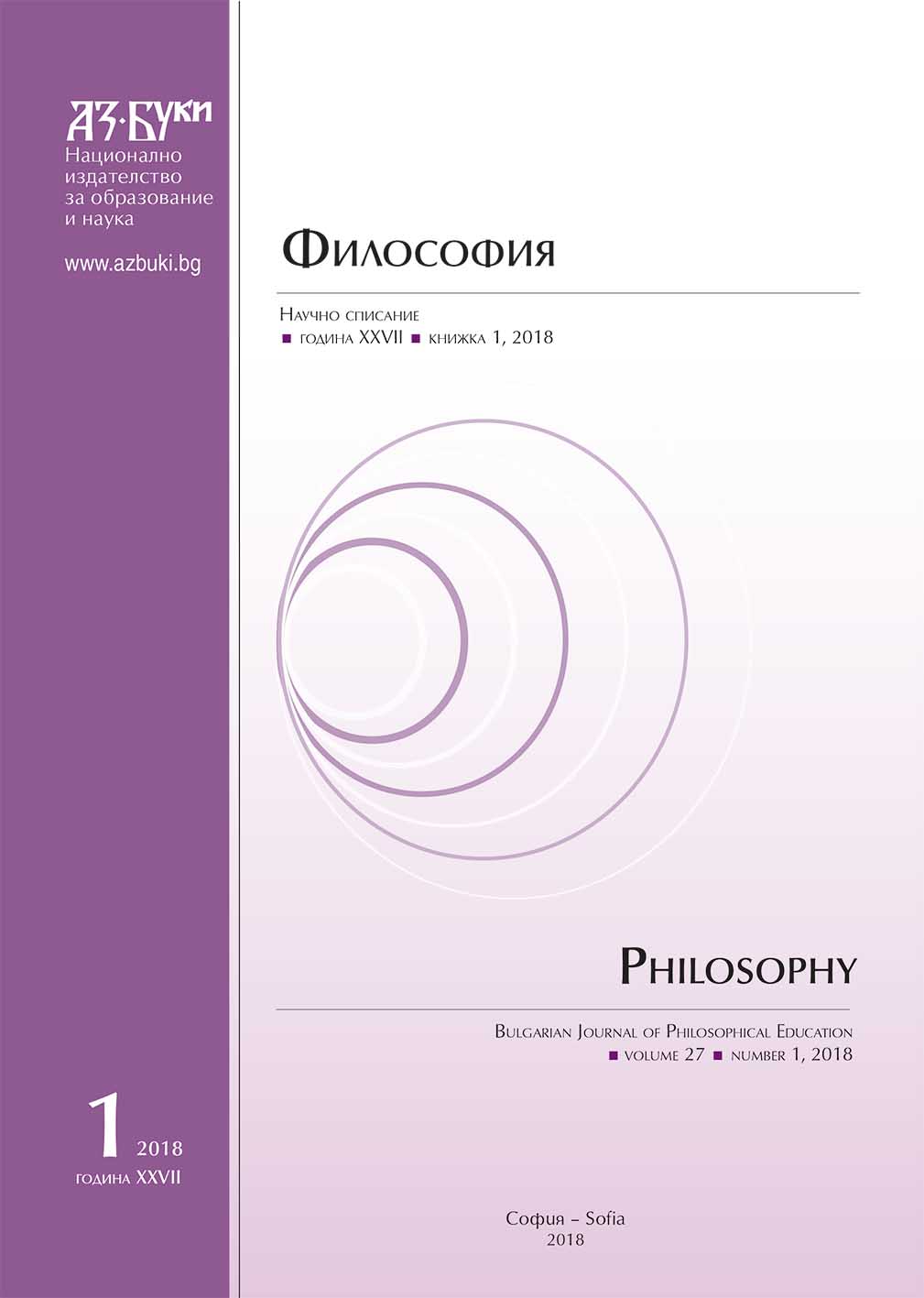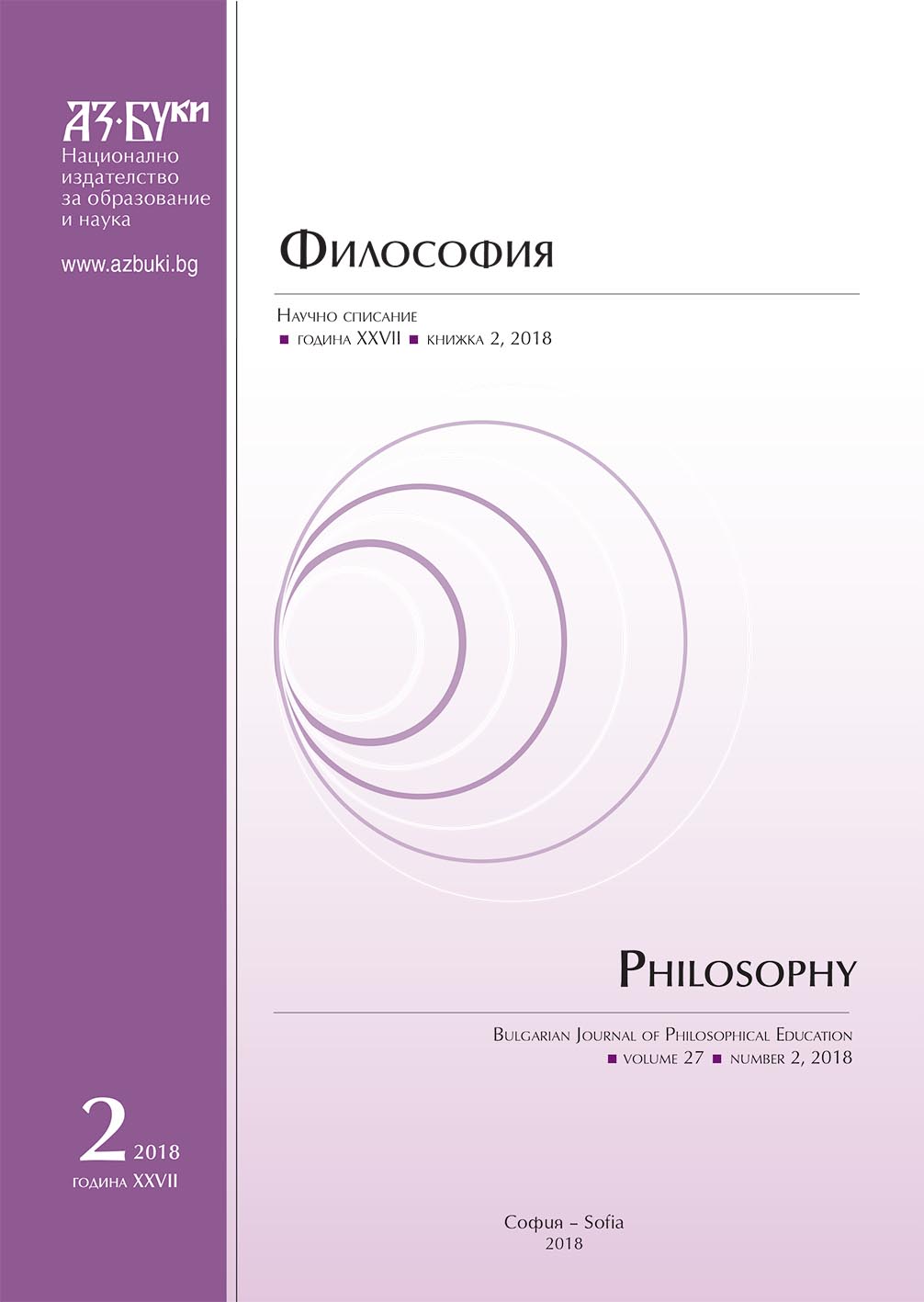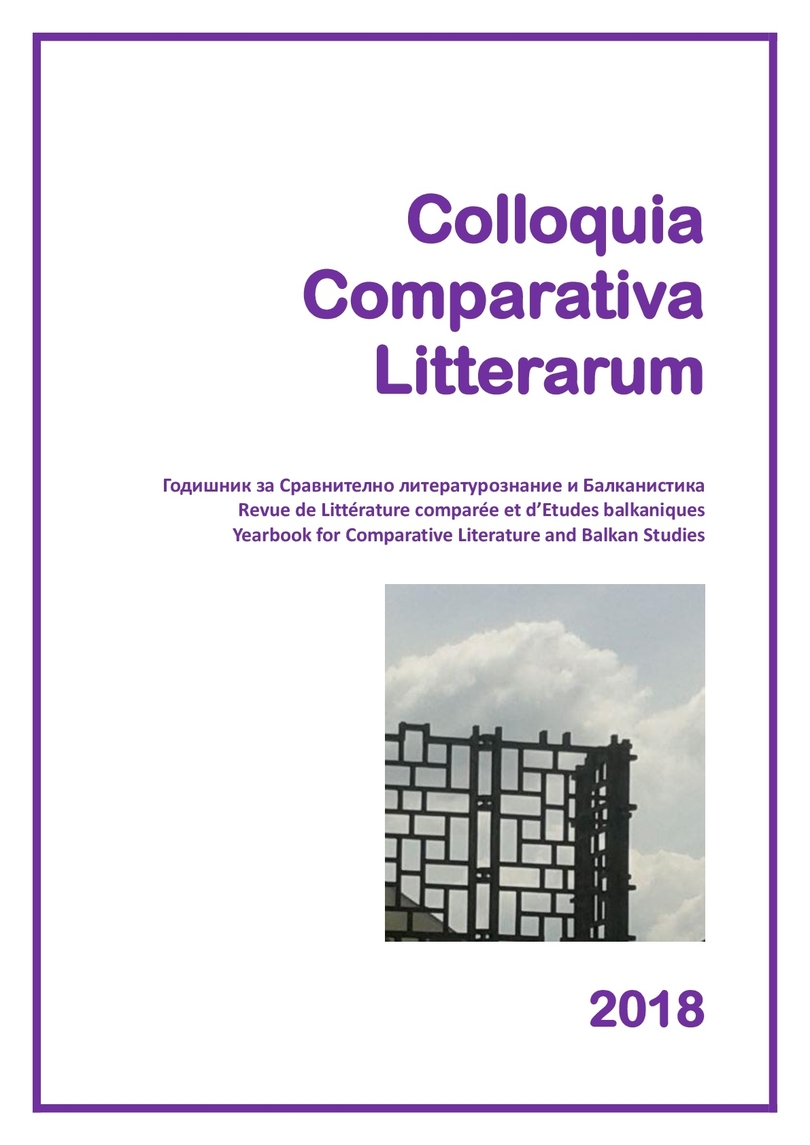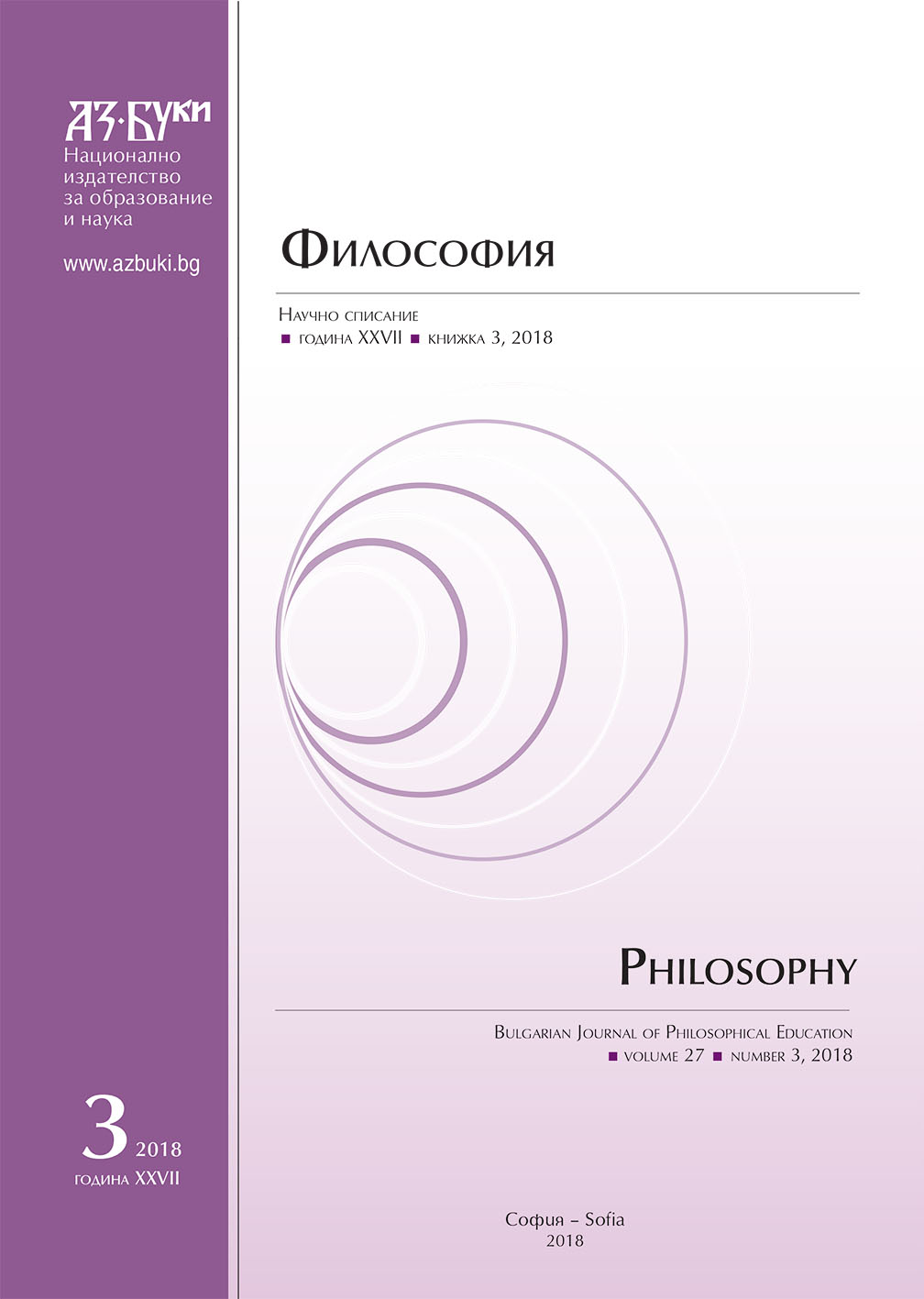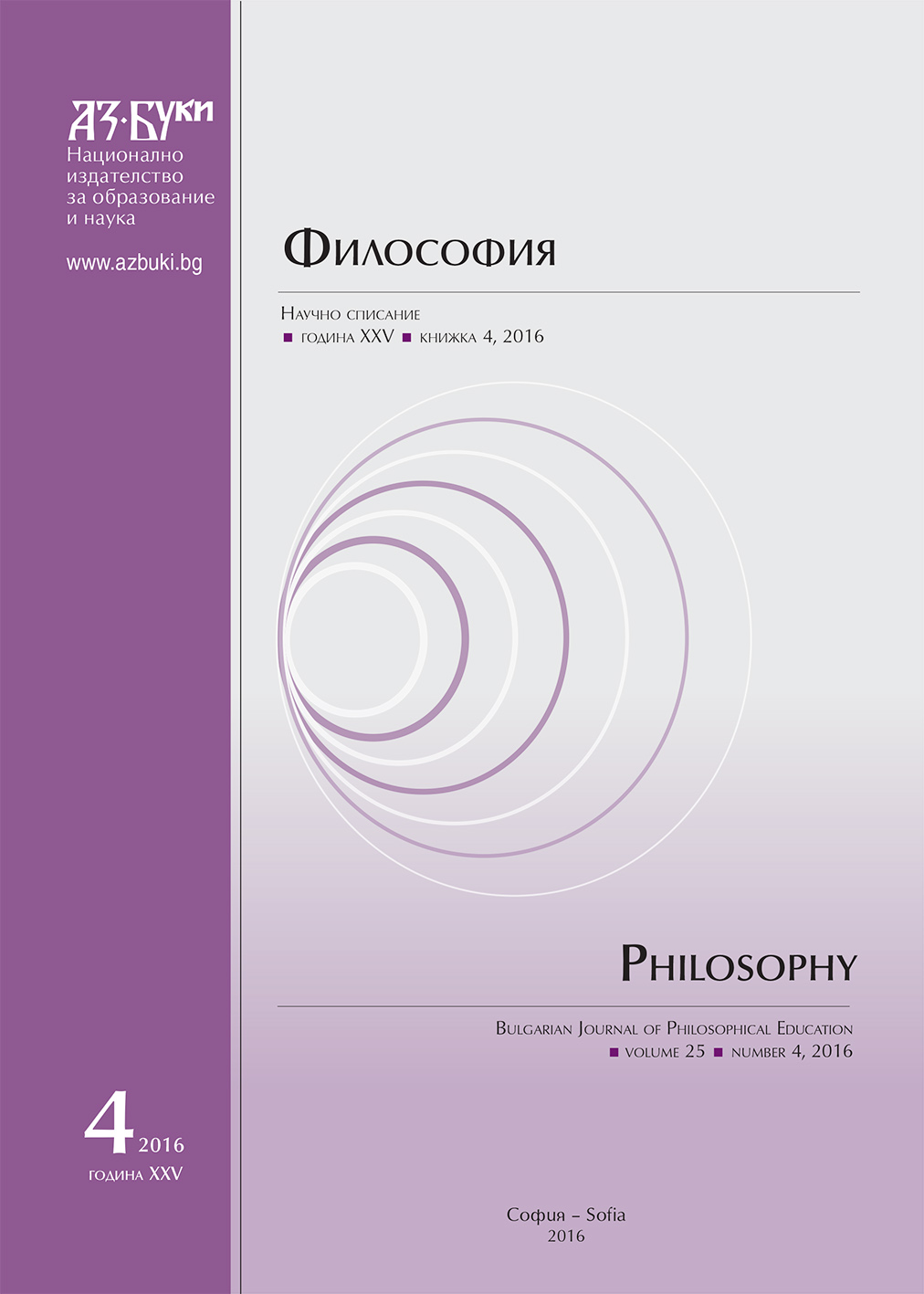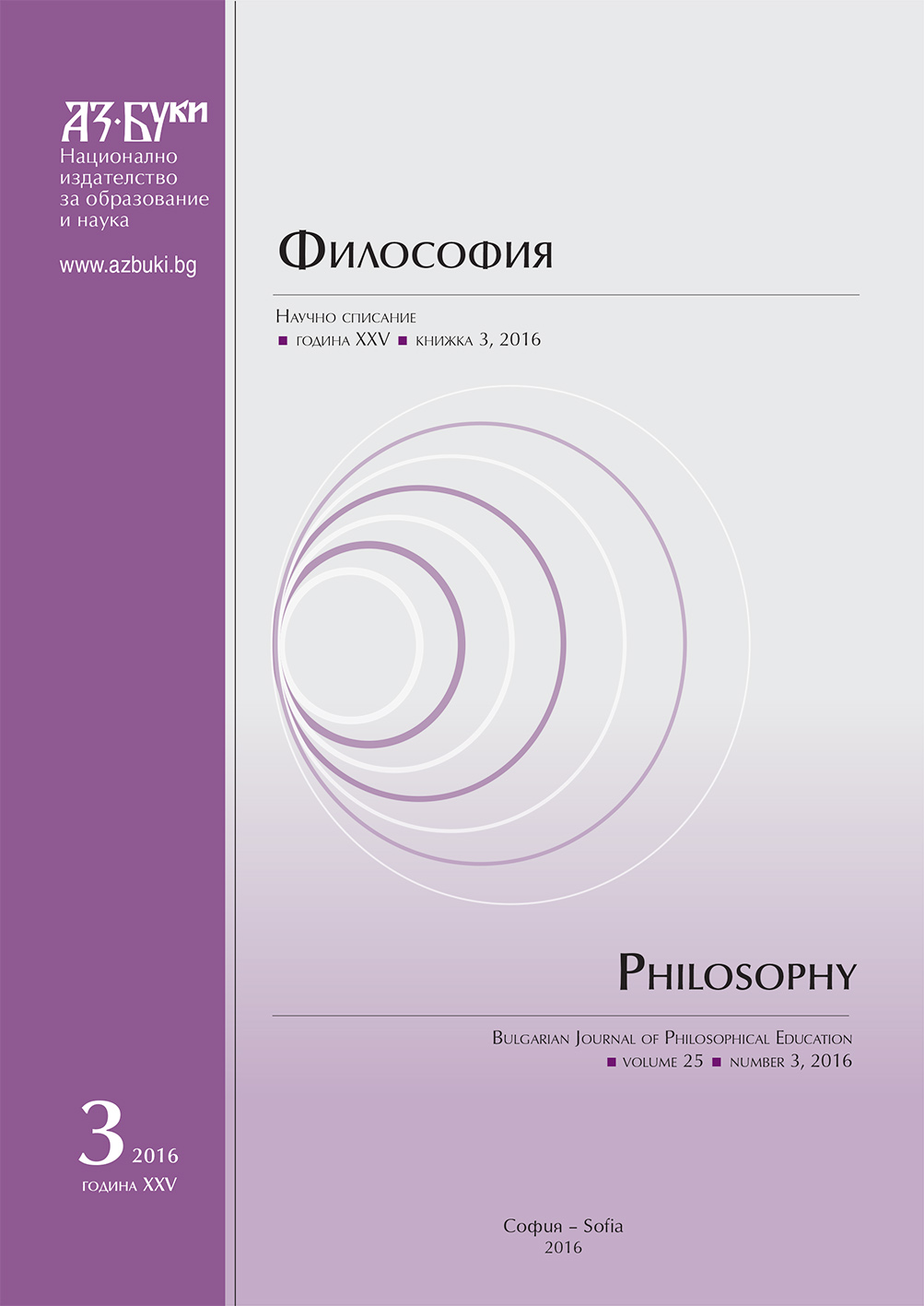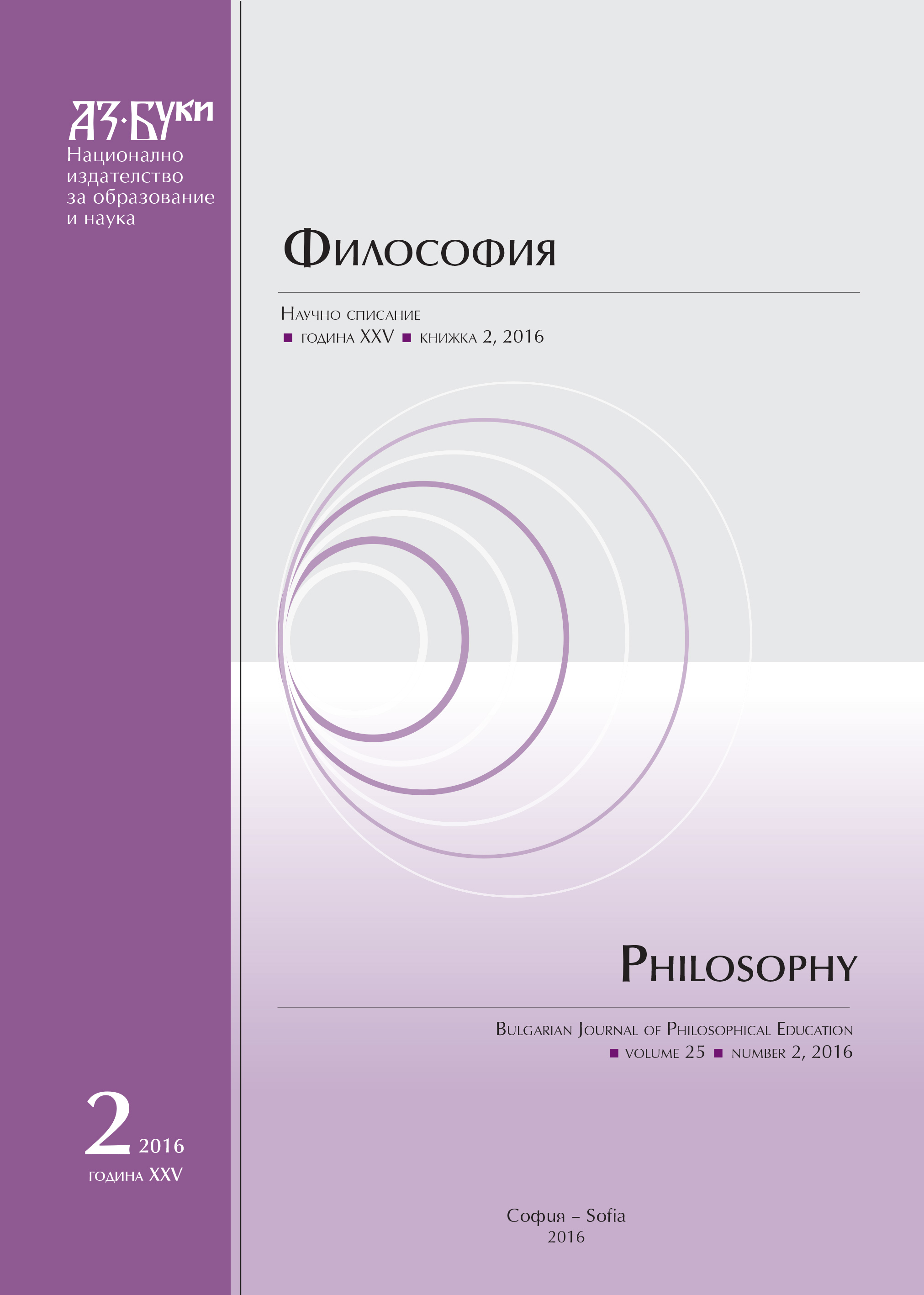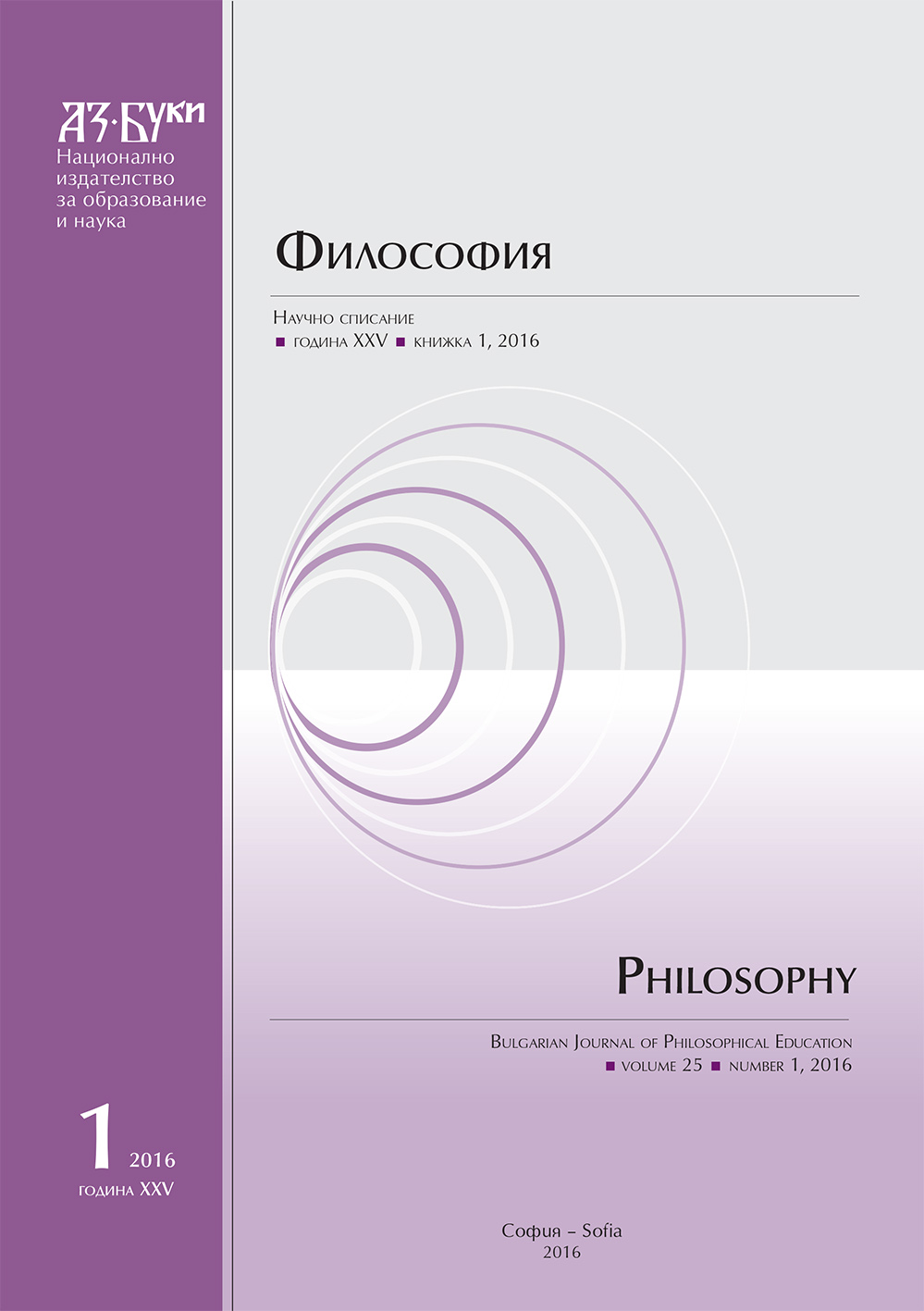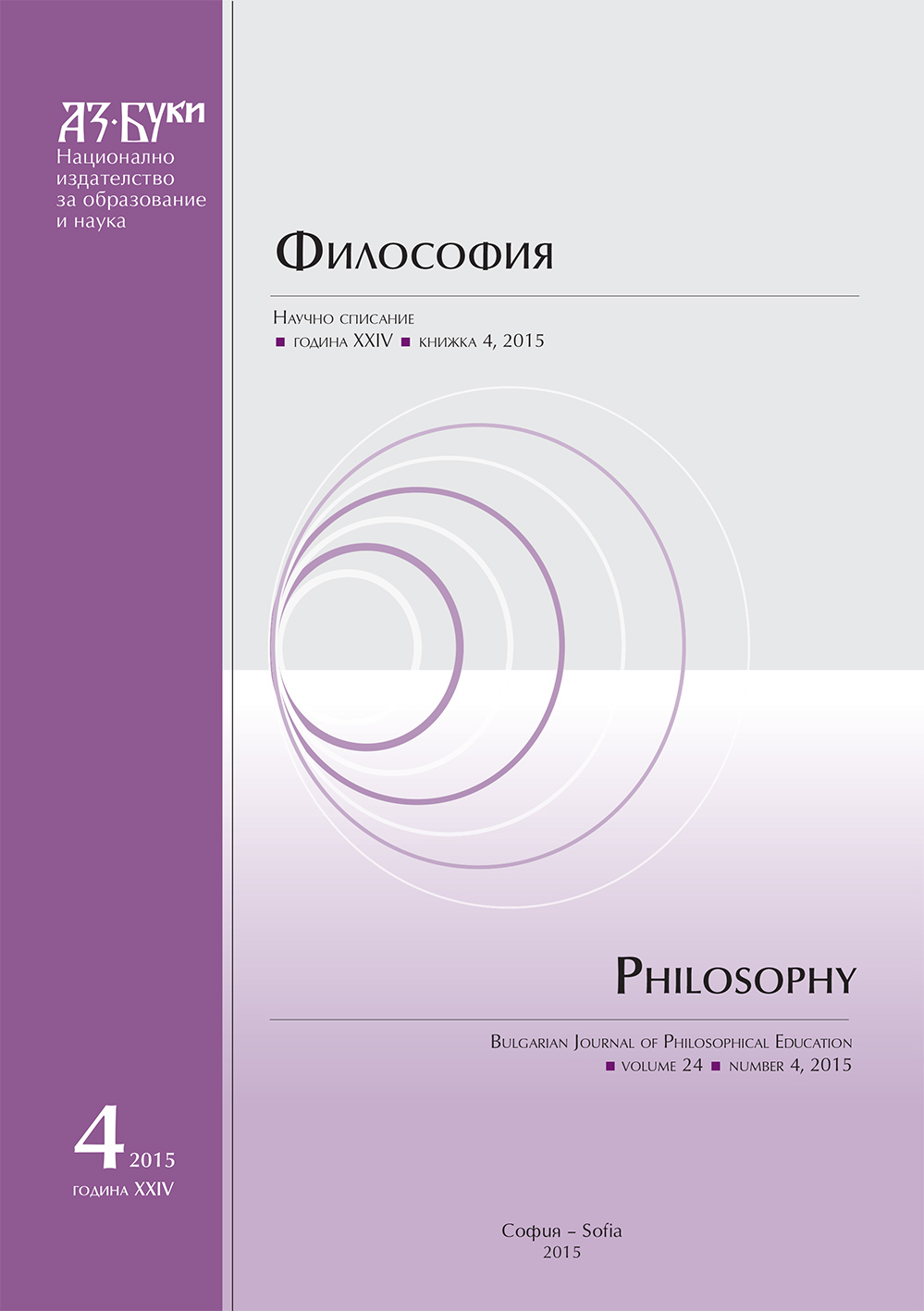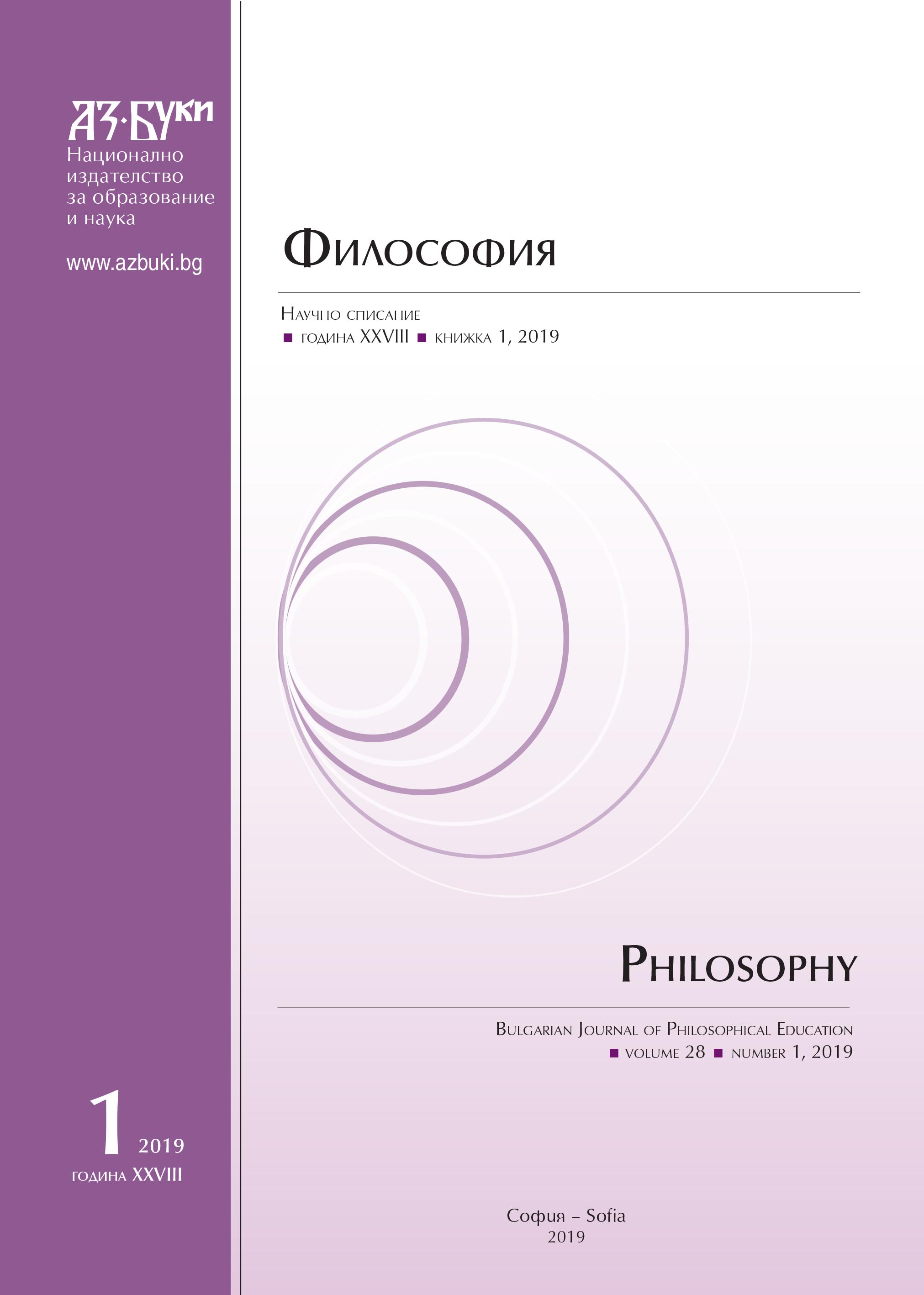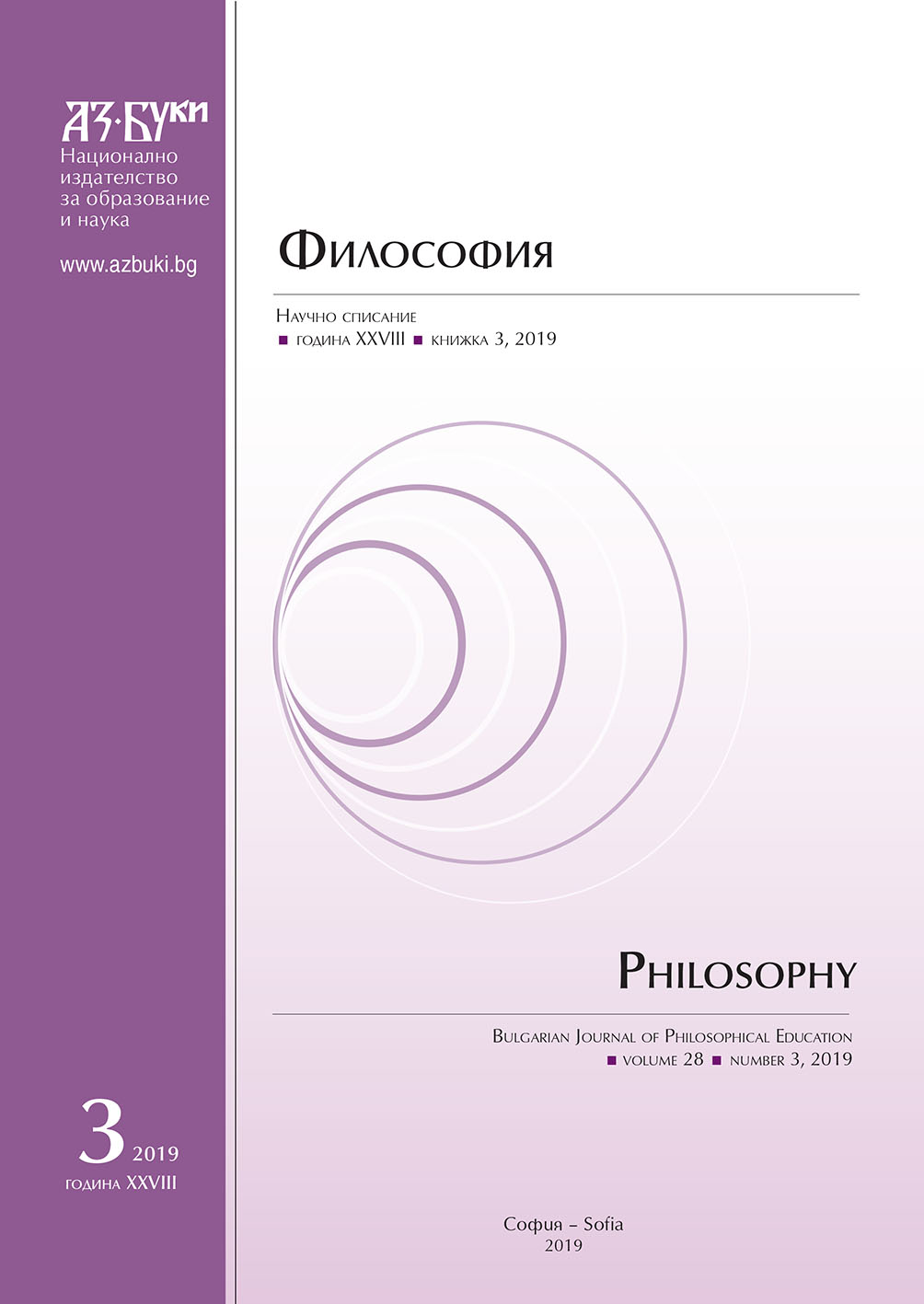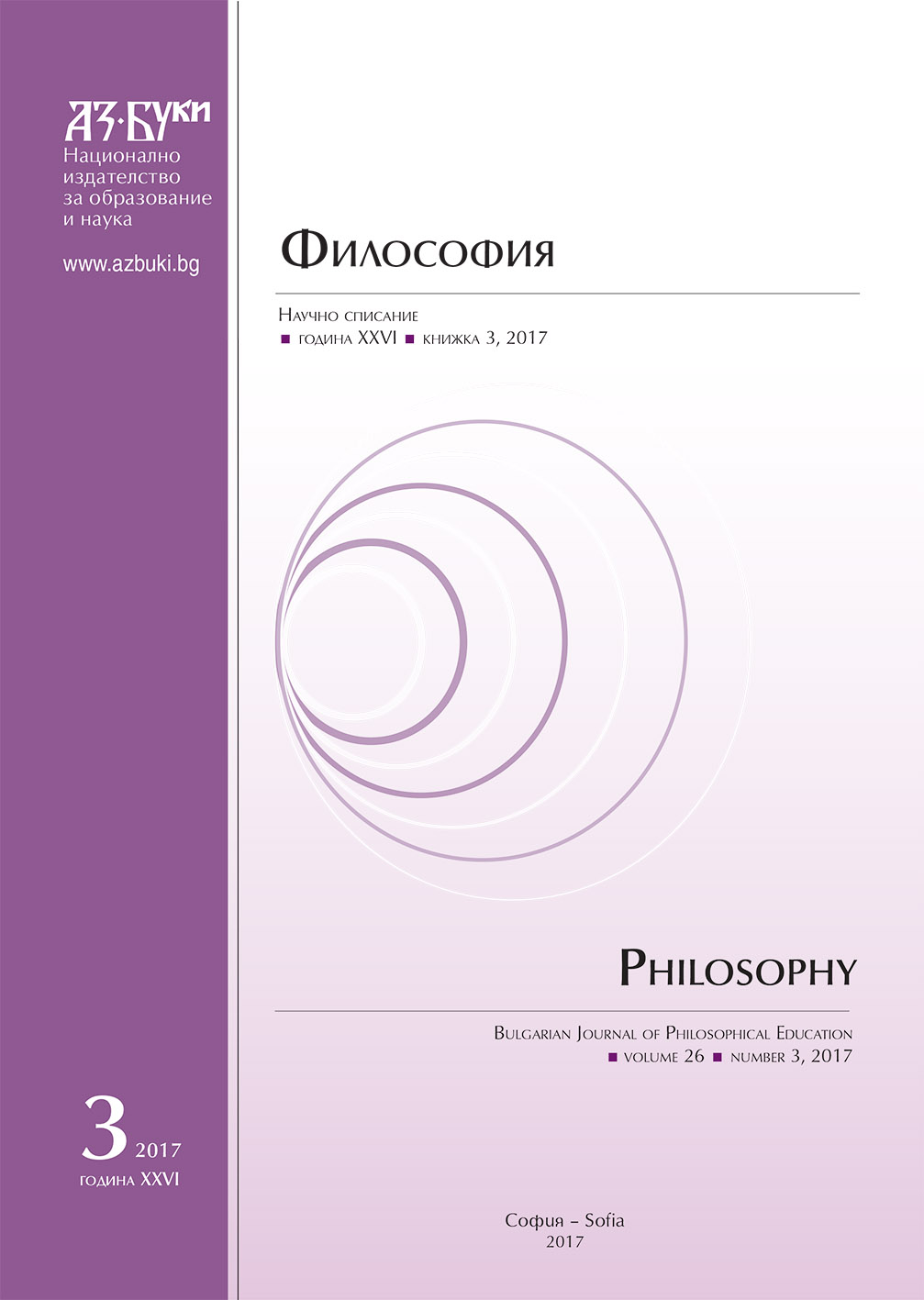
Social Indeterminacy and Quine’s Indeterminacy Thesis
This article examines whether Willard Van Orman Quine’s indeterminacy thesis can be sustained. The argument from above, Quine argues, can derive indeterminacy as its conclusion. I will argue that the indeterminacy claim cannot be sustained. I further argue that Quine changed the formulation of the underdetermination of theory by evidence (UTE) argument from what Duhem said to the Quine/Pierce meaning verification view, in order use the new formulation of UTE to imply indeterminacy. Given all that, we see when we apply the old UTE argument we only arrive at underdetermination of theory by evidence, and that applies to all sciences, philosophy and knowledge, including philosophy of language. Quine’s argument of indeterminacy is one where the premises alone do not make the conclusion obvious, and further difficulty arises because he has not given enough examples of the indeterminacy in his writings. Given that, I will look at how can we draw the particular conclusion Quine maintains on the basis of the single fundamental premise he puts forward, bearing in mind Quine’s other philosophical views and background beliefs. I will look at further ways of approaching the indeterminacy argument, through which I shall try to examine whether Quine’s premise can derive the conclusion of indeterminacy, examining the role of the underdetermination of theories by evidence in the argument from above, and its relation to the indeterminacy thesis.
More...
